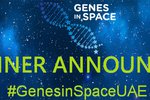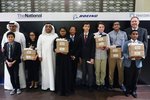Meet the Mentors: Genes in Space UAE
Meet our stellar Genes in Space UAE mentors. These passionate scientists were each paired with a finalist team to help them prepare for the Global Space Congress in Abu Dhabi. Hats off for helping the next generation of UAE scientists shape up their innovations!
Tessa Montague (Harvard University)
Alyson Ramirez (Harvard University)
Claudia Schafer (MIT, Koch Institute)
Ashley R. Bonneau, PhD. (MIT, Whitehead Institute)
Anton Aboukhalil (Fidelity, MIT Dept. Aeronautics & Astronautics)
Alyson Ramirez, Harvard University: "I am currently a 3rd-year PhD student in the Molecular and Cellular Biology Department at Harvard University. Growing up, I enjoyed learning about the science of my own backyard- the beaches of San Diego, CA. I spent many hours peering at plankton under the microscope and imagining myself as a paleontologist digging up dinosaurs."
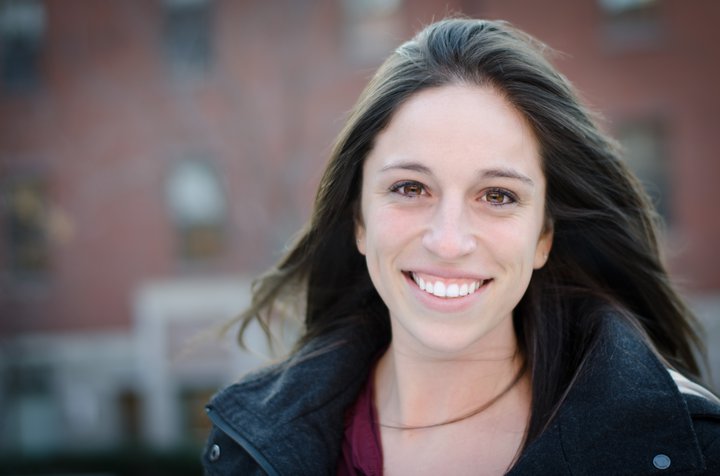
“During my undergraduate career at UCLA, I found my love for developmental biology and epigenetics. I currently study the organization of the genome in a developmental context; I’m working on understanding how DNA is physically organized in the nucleus.”
“I find space biology interesting as it represents a new field that remains relatively unexplored. Many of the theories that rule biology on Earth may not apply in outer space- that uncertainty is so exciting! I’m looking forward to participating in the Genes in Space program, and encourage all participants to remain curious and keep asking great questions- about space, about the world, and about their own path forward as young scientists.”
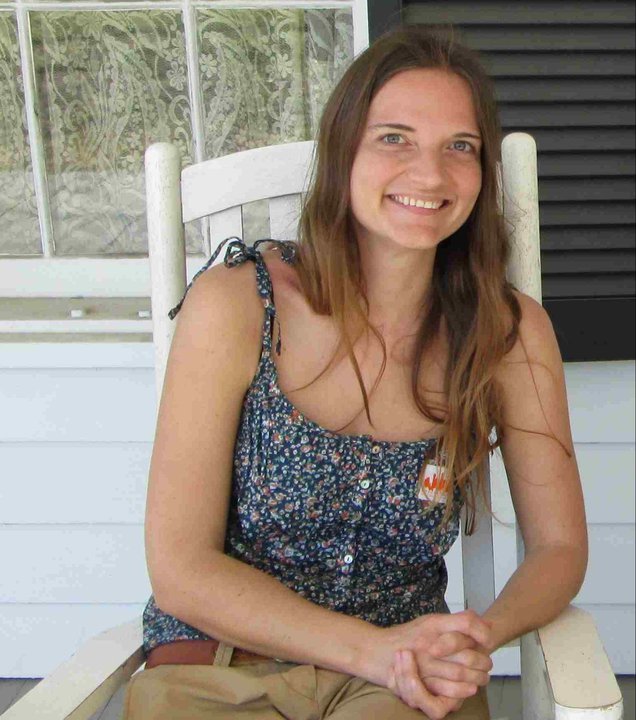
Claudia Schafer, PhD (MIT):: “I am a cancer researcher at the Koch Institute for Integrative Cancer
Research at the Massachusetts Institute of Technology. My research is aimed at determining cellular processes and environmental effects that lead to lung cancer progression and metastasis.”
“I was always very curious as a kid about my surroundings and about how things work. I never actively decided to become a scientist but I always followed what I love to do and that led me here.”
“Space science was always very exciting to me. The fascinating thing about research in space is for me especially that we learn how different things behave in microgravity. My advice to all GiS participants, be creative, think big and have fun!“
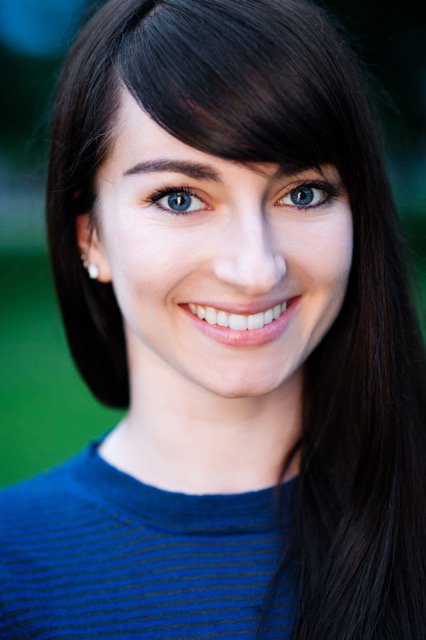
Tessa Montague (Harvard University): “I’m a graduate student in the Department of Molecular and Cellular Biology at Harvard University. I study development, which is the process by which a single, fertilized egg becomes a complex, multicellular organism. It fascinates me that humans (as well as all animals) start life as just one cell, and somehow that single cell contains all of the information to become an adult.”
“I decided I wanted to become a scientist in high school. I wasn’t particularly enthused by my biology classes, but because I loved chemistry and maths, I applied to a summer program at the National Institute of Medical Research in London. I was lucky enough to be offered an internship to work with Dr. Malcolm Logan for the summer. Malcolm introduced me to developmental biology, and specifically to chick embryos as a model system for studying development. I still remember the first time I looked down the microscope at a tiny chick embryo in its egg, and I saw its minuscule heart beating. That took my breath away. So I’ve been studying development ever since. During my undergraduate and Masters degrees I used the fruit fly, Drosophila for my research, and now as a graduate student I’m using zebrafish as my model system.”
“Space biology is interesting to me because we have learned so much about biology on earth (although there is still so much to learn!), but under the conditions of outer space, we don’t know how many of the same principles will apply to life on earth. It’s really uncharted territory. That’s exciting! One tip for GiS participants is to have fun with designing your experiments! You have an amazing opportunity for exploration and learning, so enjoy it! If you enjoy the preparation process, you will learn a lot, and your enthusiasm will come across in your final presentations.”

